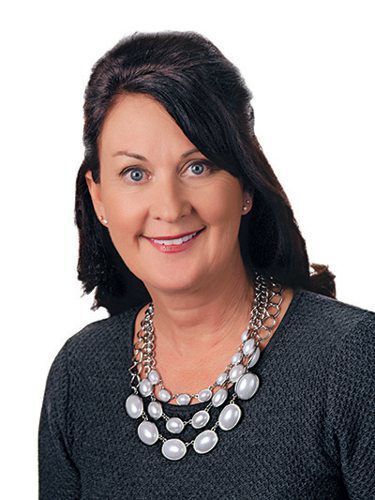Stocks are up. Stocks are down. COVID-19 cases climb. Businesses feel related impacts — both negative and, in some cases, positive. Protesters appear in the streets. Fires scorch the West.
A torrent of economic and other news items have swept over investors this summer.
The coronavirus pandemic jolted the markets earlier this year, and the Dow Jones Industrial Average index dropped about 8,000 points in the four weeks from Feb. 12 to March 11. The Dow Jones has recovered in recent months.
Tim Breitfelder, a financial adviser with Ameriprise Financial Services, said the reaction of his firm’s clients to this year’s market volatility have been diverse.
“Clients who are more risk-averse worry more about the market volatility regardless of how conservatively invested they may be, whereas investors with a high risk tolerance take volatility more in stride,” he said. “That said, nearly everyone who is invested in the stock market gets more concerned as market tensions rise. This year has been challenging because of the unknowns in the economy created by COVID(-19) health risks and business shutdowns.”
This summer, the National Bureau of Economic Research forecast a 9% drop in annual growth of dividends in the U.S. compared to its forecast on Jan. 1.
The number of Americans investing in the stock market has held steady at 55% during the past three years, according to data compiled by statista.com. That number is down from 65% in 2007, the highest percentage in the past 20 years. The percentage began dropping during the 2008 financial crisis to a 20-year low of 52% in 2013.
“It has been a difficult year to decipher what is a concern about stock market investments versus what is a concern about the health of a person’s family or their business or employer,” Breitfelder said.
Suzan Martin-Hallahan advises her clients to take a step back for a breather before making decisions.
“You have to turn off the television and take some of the 24-hour news cycle away,” said Martin-Hallahan, a financial consultant at Dupaco Community Credit Union.
News that produces anxiety can cloud financial decision-making by introducing emotion into the equation.
“You should never make investing decisions based on emotion. They are almost always bad,” Martin-Hallahan said.
Instead, she advises taking a thoughtful approach.
“If I’m meeting with a member right now and they’re worried about anything from the pandemic to the current (presidential) administration to losing a job, I tell them you need to bring it back basics,” she said. “Let’s really look at what we’re trying to accomplish. What are your short-term and long-term goals and what is your true risk tolerance.”
Martin-Hallahan said investors face challenges they can control and others that they cannot.
“One of the things you do have control of is making sure you have fail-safe, rainy day money in case of COVID problems or a job furlough,” she said. “There are still long-term opportunities out there, but we have to get through these short-term conditions.”
That could include making sure cash is available in case people face an interruption in income, Martin-Hallahan said.
Breitfelder said “the biggest thing for investors is to have the mental discipline to stick with your strategy in the midst of adversity and uncertainty.”
In times of uncertainty, many people often won’t commit money related to short-term financial goals in the stock market because of fear. Breitfelder said he generally advises that money allocated to short-term goals should be more conservative and most likely should not be invested in the stock markets. Stocks should be considered for money devoted to long-term goals, but Breitfelder said caution sometimes keeps people from making these investments.
“When they don’t commit dollars to long-term investments, that can be a mistake,” Breitfelder said. “They wait until there has been some improvement in the economy or things have calmed down, but unfortunately, the big money has already been moving and you’ve missed most of the opportunities. People who have been living in fear have been missing a lot of the recovery.”
Martin-Hallahan also recommends people seek trusted sources for money management.
“Find someone who asks you more questions than talks and finds out where you feel comfortable, so you don’t have to worry about ups and downs in the market,” she said.



